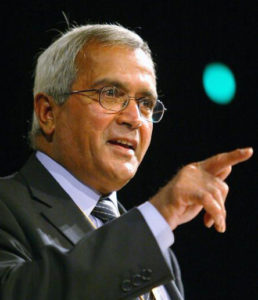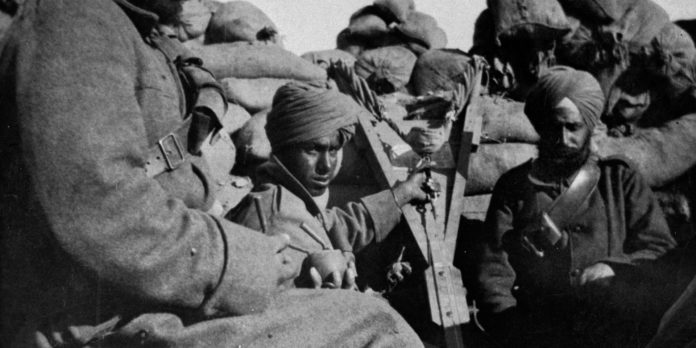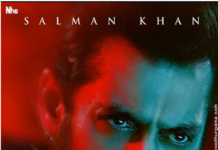Lord Dholakia, during a debate on the contribution made by Empire and Commonwealth troops in the First World War highlighted the work of the Commonwealth War Graves Commission. Describing how he had seen first-hand the work undertaken, Lord Dholakia noted how the work is “done uniformly and equally” and is something we can “all take pride in”. Thanking the Commission for the way the work is carried out with great care and attention in the “most beautiful way” Lord Dholakia stated: “but I have another reason to thank the commission.” Continuing, Lord Dholakia said “each headstone contains a national emblem or regimental badge and the rank, name, unit, and date of death are inscribed above an appropriate religious symbol.” And more importantly, “[t]he inscription on the headstone has helped to identify thousands of Commonwealth citizens.”
 Reminding the House about an important event during World War One, Lord Dholakia reflected on the Battle of Haifa, 23rd September 1918. “Believed to be one of the last cavalry charges in modern military history,” Lord Dholakia described how “Indian soldiers carried out an attack that allowed British forces to capture Haifa from the Ottoman Empire.” “As they did so,” he said, at the behest of Major Wellesby Tudor Pole, “they also ensured the safety of Abdu’l-Bahá who was the son of Bahá’u’lláh, the founder of the Baha’i faith.”
Reminding the House about an important event during World War One, Lord Dholakia reflected on the Battle of Haifa, 23rd September 1918. “Believed to be one of the last cavalry charges in modern military history,” Lord Dholakia described how “Indian soldiers carried out an attack that allowed British forces to capture Haifa from the Ottoman Empire.” “As they did so,” he said, at the behest of Major Wellesby Tudor Pole, “they also ensured the safety of Abdu’l-Bahá who was the son of Bahá’u’lláh, the founder of the Baha’i faith.”
Lord Dholakia noted how the Baha’i communities of the UK and India are now seeking to commemorate the battle where “two regiments of Indian cavalry soldiers played a critical role in capturing the city from the well-entrenched Turkish and German soldiers.” “Though the Indian soldiers—the Jodhpur Lancers and the Mysore Lancers—were armed only with lances and spears and faced machine gun fire as they charged forward,” Lord Dholakia said, “their victory was unexpectedly swift, and Haifa was captured with relatively few casualties.”
Fittingly, a knighthood of the British Empire was conferred on Abdu’l-Bahá, who after the victory, large numbers of soldiers and government officials of all ranks sought interviews with Abdu’l-Bahá.” Everyone, delighting in “his illuminating talks, his breadth of view and depth of insight, his dignified courtesy and his genial hospitality,” as, Lord Dholakia illustrated, his “noble character and his great work in the interests of peace and the true prosperity” were appreciated.
Reminiscing on his time as a young student in Brighton in the fifties, Lord Dholakia described how his “regular walk to the college took him through the grounds of the Royal Pavilion,” where he was “fascinated by its architecture, which resembled a temple in the heart of Brighton.” Explaining how he “often stood by the gates to read the inscription,” Lord Dholakia stated “it was quite a revelation.” “In 1921,” he said, “India presented Brighton with a new gateway for the southern entrance to the Royal Pavilion Gardens as a token of appreciation of the town’s care of its men when the Royal Pavilion had been converted into a hospital,” and around 12,000 men were treated between 1914 and 1916. Adding poignantly that an estimated “almost 75,000 Indian soldiers lost their lives in the First World War,” Lord Dholakia said “there is a blue plaque near the Indian gateway honouring Subedar Mir Dast, who was awarded the Victoria Cross by George V;” and “a further reminder is the Chattri on the South Downs where Hindu and Sikh soldiers were cremated.”
Finishing off, Lord Dholakia urged the Government not to forget the contribution made by the Empire and Commonwealth soldiers by saying “let us not forget that this is only the opening chapter in the contribution of Commonwealth soldiers during the First World War,” and emphasizing “and let us remember the contribution they made.”

Readers like you, make ESHADOOT work possible. We need your support to deliver quality and positive news about India and Indian diaspora - and to keep it open for everyone. Your support is essential to continue our efforts. Every contribution, however big or small, is so valuable for our future.











